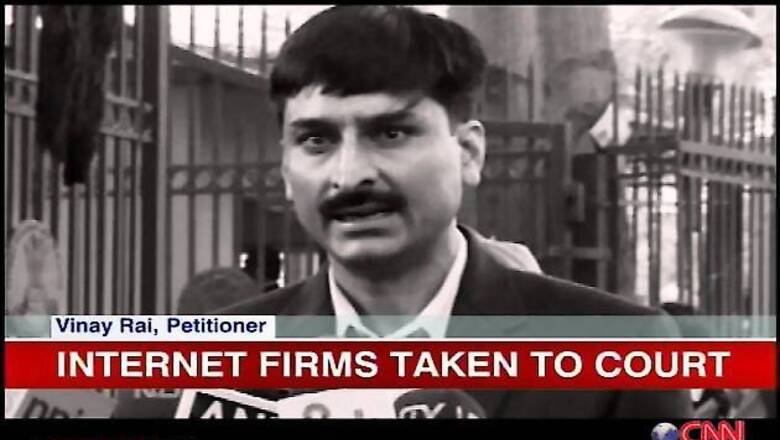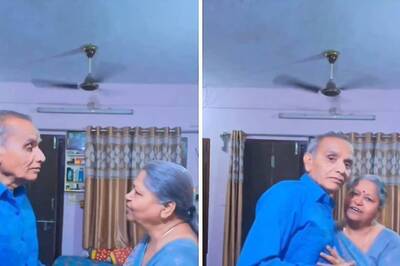
views
New Delhi: Facebook and Google, which are facing a lawsuit in India for allegedly hosting offensive content, are fighting back a case that has fired up a debate over Internet censorship in democratic India. And is there a balance that can be struck between the freedom of speech and controlling objectionable content.
Petitioner Vinay Rai who filed a criminal complaint in Delhi's Patiala court against twenty networking sites, including Facebook, Google, Microsoft and Yahoo, alleges that they host content offensive to religious sensibilities and aid the sale of obscene articles online.
"The content is so obscene I had to give it to court in a sealed envelope. It won't be right to speak about it here," Rai said.
It's a curious throwback to year 2004 when the CEO of Bazee.com, an arm of international commerce site e-bay was thrown in jail. An obscene MMS clip had been uploaded for sale on his site. Instead of hunting down the actual culprit, the courts punished the CEO. The obvious injustice made the government introduce a new Section 79 into the Information Technology Act in 2008.
"Intermediaries are platforms like Google and Facebook. The law provides them a protection, since they are only providing a platform. Any user can post content there. They are not held liable for the content posted there," Software Freedom Law Center Legal Counsel Prasanth Sugathan said.
But in 2011, a new set of IT rules unilaterally ordered companies to remove any content the government objects to within 36 hours of receiving a written complaint. The rules cover anything harmful, blasphemous, defamatory or obscene and anything that disrupts public order or threatens India's security. However, legal experts say the new rules are unconstitutional.
"Article 19 (1A) of the Indian constitution, provides you freedom of speech and expression, that can be curtailed only by provisions under Article 19 (2). Patch the new rules are quite beyond what can be done as per the constitution," Sugathan said.
Back in court, Facebook India and Google India have argued they're immune under Section 79 of the IT act. That it's their parent companies abroad who should be summoned since they are the ones who host or take down data. With both the sites and the courts sticking to their stands, settle in for a long fight ahead.


















Comments
0 comment